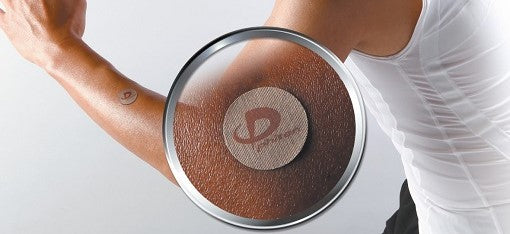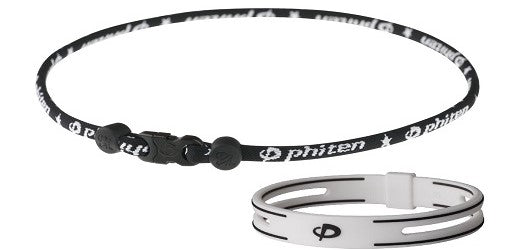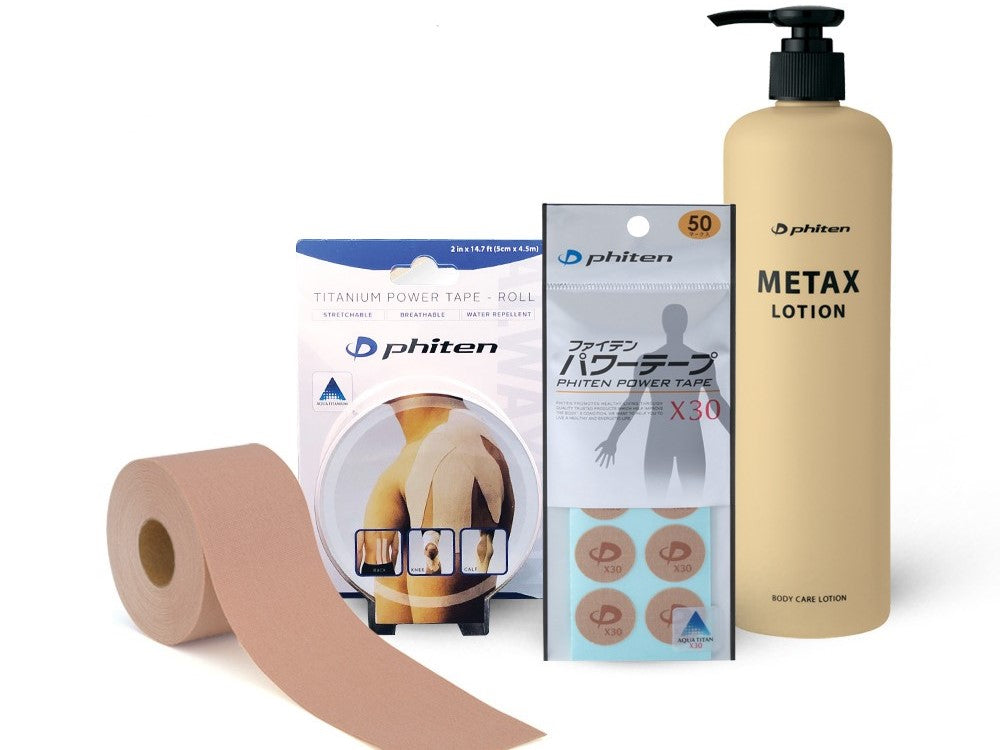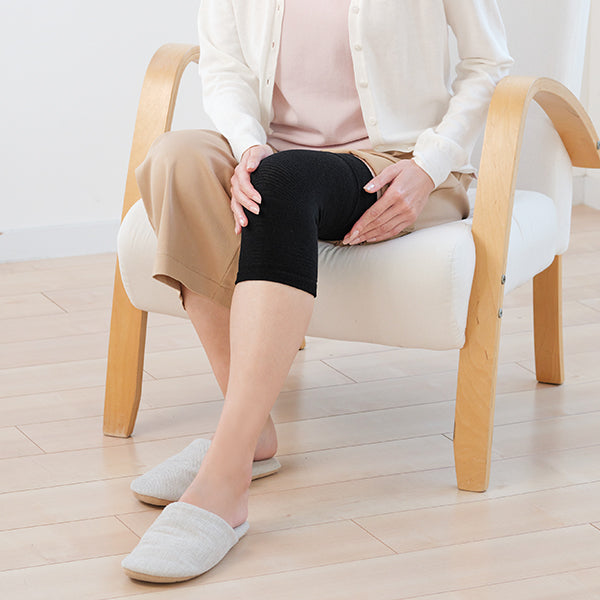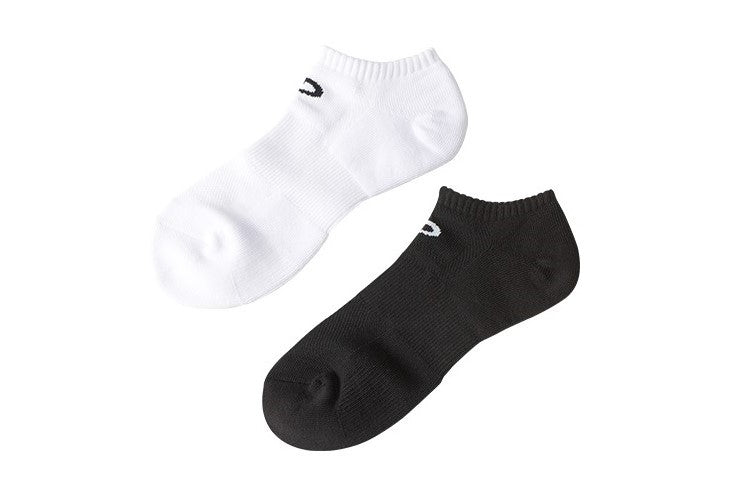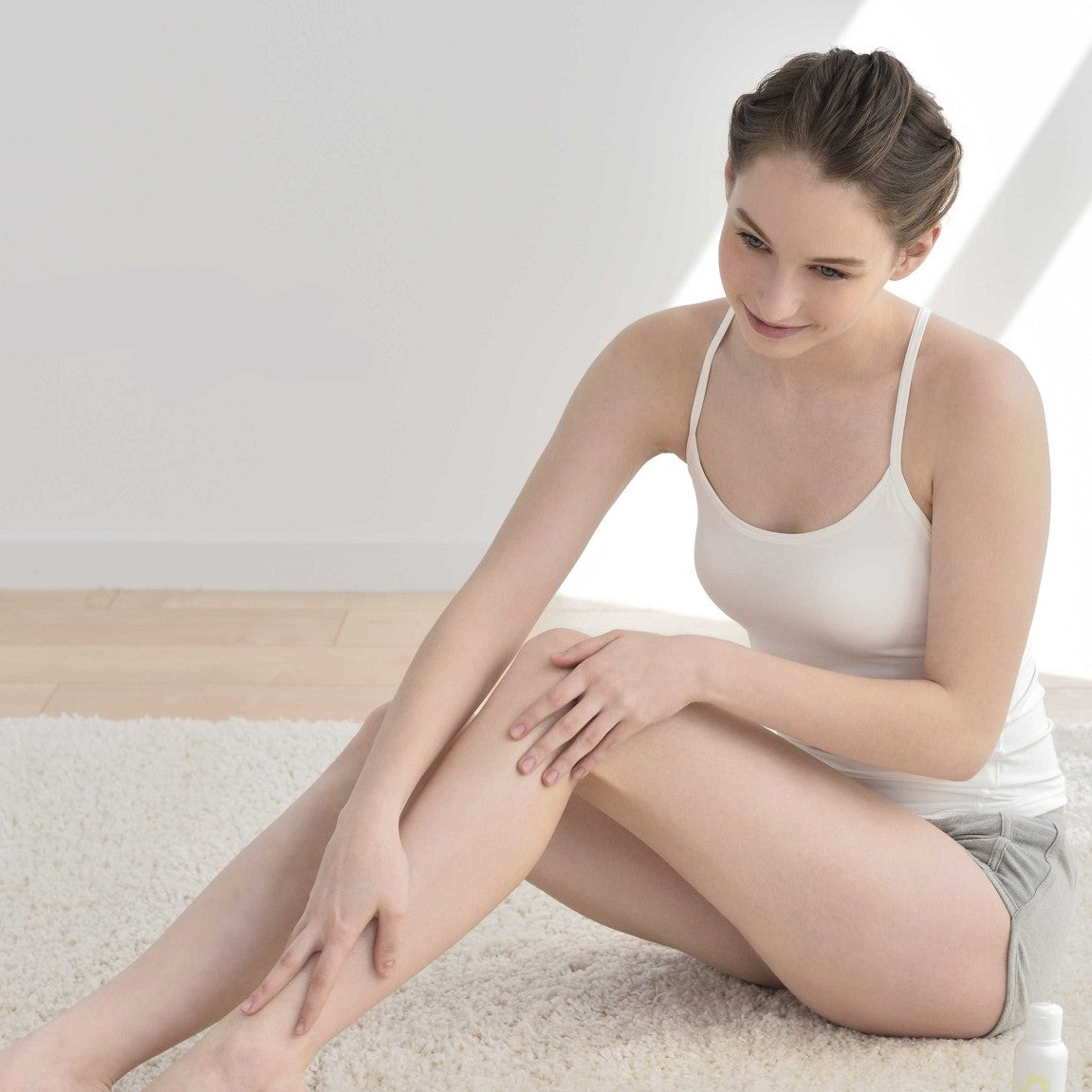GOUT & KNEE PAIN: UNRAVELING THE UNEXPECTED CONNECTION
Welcome to another edition of PHITEN’s newsletter series on the causes of knee pain. Today, we will shed light on a prevalent condition called gout in the knee, exploring why it happens, who is susceptible to it, and offering some preventive measures to keep your knees healthy and pain-free.
Gout is a form of arthritis that occurs when uric acid crystals accumulate in the joints, leading to inflammation and severe pain. While gout typically affects the big toe, it can also occur in other joints, including the knee. The excess uric acid in the bloodstream can crystallize and settle in the joint, causing an intense and often sudden onset of pain, swelling, redness, and tenderness.

While the graphic portrays the situation at the base of the big toe, it's essential to note that similar manifestations can occur in other joints, including the knee. Gout is not limited to just one location; it can impact various areas of the body, causing discomfort and pain.
Who is at Risk?
Gout in the knee can affect anyone, but certain factors increase the likelihood of developing this condition. Some of the key risk factors include:
1. Family History: If you have a family history of gout or a genetic predisposition to high levels of uric acid, you may be more susceptible to developing gout in your knee.
2. Diet: Consuming a diet high in purines, found in red meat, seafood, and alcohol, can increase your risk of developing gout. Additionally, sugary drinks and fructose-rich foods have been linked to higher levels of uric acid.
3. Age and Gender: Gout is more common in men, particularly between the ages of 30 and 50. However, women can also develop gout, especially after menopause.
Prevention and Management:
Although gout in the knee can be a painful and debilitating condition, there are steps you can take to prevent its occurrence and manage the symptoms effectively:
1. Stay Hydrated: Drinking plenty of water helps flush out excess uric acid from your body and reduces the risk of crystal formation in the joints, including the knees.
2. Follow a Balanced Diet: Opt for a well-balanced diet that is low in purines. Include more fruits, vegetables, whole grains, and low-fat dairy products in your meals. Limit your intake of red meat, shellfish, and sugary beverages.
3. Maintain a Healthy Weight: Excess body weight puts strain on the joints, including the knees. Aim for a healthy weight through regular exercise, a balanced diet, and a healthy lifestyle.
4. Avoid Alcohol and Sugary Drinks: Alcohol consumption, especially beer, has been linked to an increased risk of gout. Similarly, sugary drinks can raise uric acid levels. Moderation is key, and it's important to stay hydrated with water.
Symptom Checklist and People Who Should Pay Attention:
If you experience any of the following symptoms, it's important to consult a healthcare professional for a proper diagnosis and treatment:
□ Sudden and severe pain in the knee joint
□ Swelling, redness, and tenderness around the knee
□ Limited range of motion or difficulty walking or standing
People who should pay attention to these symptoms include:
□ Individuals with a family history of gout
□ Those who have previously experienced gout attacks
□ Men over the age of 30 and postmenopausal women
□ Individuals with a high-purine diet or excessive alcohol consumption
We hope this newsletter has provided valuable insights into gout in the knee as a significant cause of knee pain. Taking proactive steps towards prevention and early management can make a significant difference in your knee health and overall well-being.
Remember, if you experience any symptoms associated with gout in the knee or have concerns about your joint health, it's essential to consult with a healthcare professional. They can provide a proper diagnosis and recommend a personalized treatment plan tailored to your needs.
At PHITEN, we are committed to promoting a healthy and active lifestyle. Stay tuned for more informative newsletters as we continue to explore various topics related to sports, wellness, and overall physical health.
Wishing you strong and pain-free knees for all your active endeavors!
Disclaimer:
Please note that the information provided in this newsletter is for educational purposes only. It is not intended as a substitute for professional medical advice, diagnosis, or treatment. Always seek the advice of your physician or other qualified health providers with any questions you may have regarding a medical condition.
These statements have not been evaluated by the FDA. This product is not intended to diagnose, treat, cure or prevent any disease.
Individual results may vary significantly. Not all users will experience the intended benefits of Phiten products, and individuals must try for themselves to see whether it works for them.


